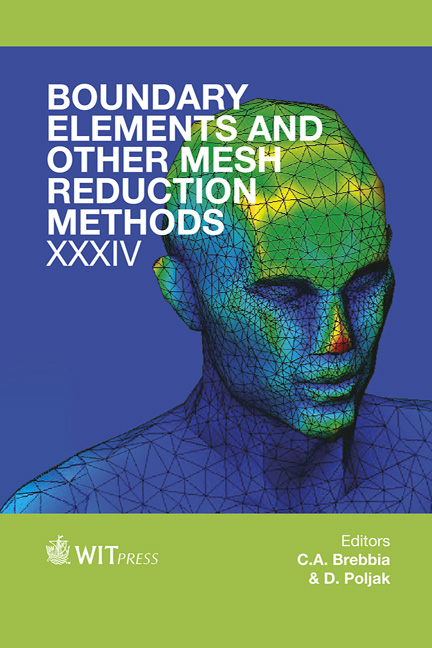Solution Of Two-dimensional Flow In Unsaturated Media With Electrolytic Tank
Price
Free (open access)
Transaction
Volume
53
Pages
11
Page Range
221 - 231
Published
2012
Size
416 kb
Paper DOI
10.2495/BE120201
Copyright
WIT Press
Author(s)
G. Ciaravino & L. Ciaravino
Abstract
Mathematical models and numerical methods have acquired increasing importance in almost all fields of research. A definitive validation so that these instruments can be fully employed in applications requires that they be subjected to experimental verification. In the present paper the electrolytic tank (based on dissimilar similitude) is used to solve problems of transport phenomena in porous media. In particular, we report a successive approximations method which makes it possible to completely solve any problem of permanent twodimensional flow in unsaturated aquifers with defined boundary conditions. The experimental technique adopted enables the applicability of the method, already used for one-dimensional flow, to be extended to two-dimensional flow. Moreover, for model analogy the decision to adopt the piezometric head instead of the suction head affords a more substantial overview of the problem defined by the flow equations. Keywords: numerical method, dissimilar similitude, electrical analogy, electrolytic tank, unsaturated media. 1 Introduction When defining mathematical models and numerical methods that can interpret complex physical phenomena it is often necessary to make use of simplifications, the consequences of which need to be verified. Simplifications are almost always used to obtain computation procedures that make it possible to achieve sufficiently precise results for technical applications and, as a result, verifying the validity of the mathematical model or numerical method is often the most delicate phase of the study. The validation of a mathematical model and
Keywords
numerical method, dissimilar similitude, electrical analogy, electrolytic tank, unsaturated media.





